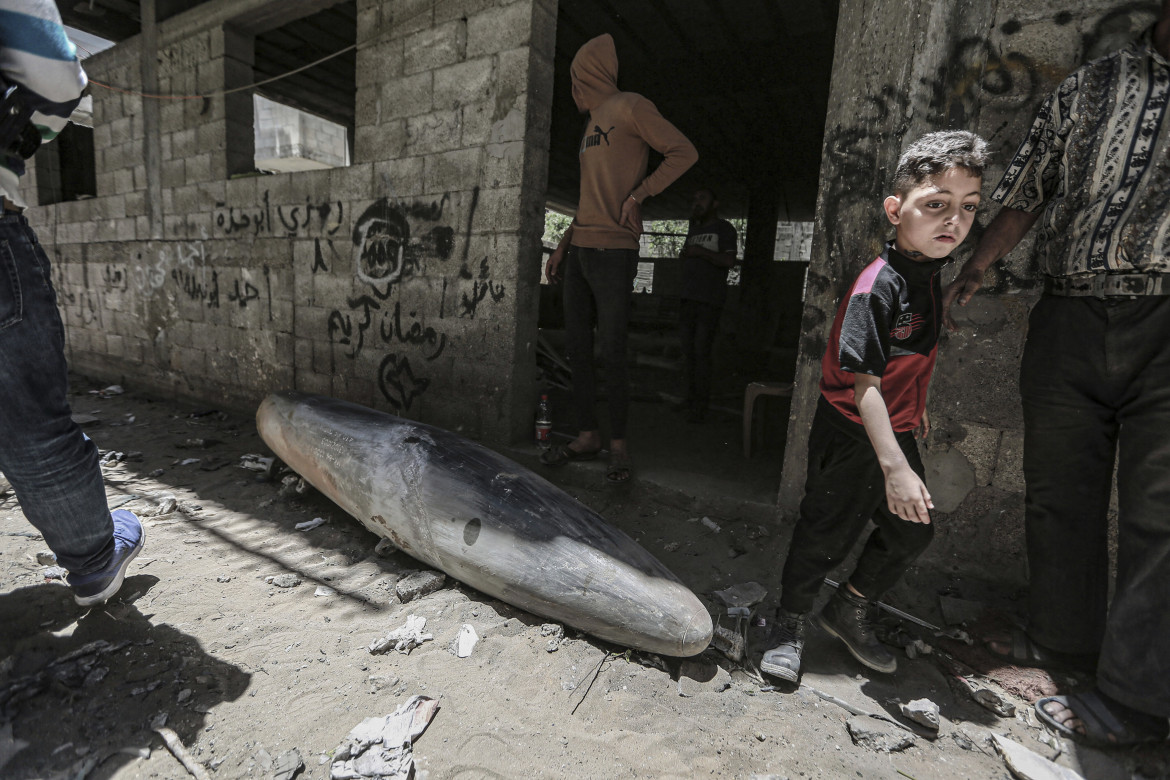Analysis
Bombs on Gaza haven’t ruptured the Abrahamic Accords
The alliance between the Gulf monarchies and Tel Aviv goes from strategic to ideological. ‘If the Palestinians were expecting that the conflict would damage the peace agreements between Israel and the UAE ... then those hopes have been dashed.’

The conflict between Israel and Hamas and the air offensive against Gaza have proved to be the first test for the Abraham Accords, the normalization of relations between Israel and four Arab countries— the U.A.E., Bahrain, Morocco and Sudan—which took place last year thanks to the mediation (and pressure) of the past U.S. administration.
The unmoved reactions from Abu Dhabi and Manama to the aerial bombardments on Gaza reveal that the normalization of relations with the Jewish state has already been transformed into an ideological alliance, not only a strategic one. On the other hand, Sudan and Morocco showed themselves once again as more marginal partners within the pact signed last year.
“If the Palestinians were expecting that the conflict would damage the peace agreements between Israel and the UAE and the other Arab countries that established full diplomatic relations with Israel last year, then those hopes have been dashed,” wrote the Israeli online newspaper Globes.
Their analysis is accurate, if one looks, for example, at the attitude of the Foreign Minister of the Emirates, Abdullah bin Zayed, who, after giving a bland expression of concern about the conflict—not about the Israeli attack against Gaza in particular—could do nothing but emphasize the importance of the Abraham agreements “in creating a better future for the new generations.”
On social media, the most widespread trend was the criticism of Hamas, considered in the Gulf—with the exception of Qatar—to be a terrorist movement because it has links to the Muslim Brotherhood. The attacks focused on Hamas leaders Ismail Haniyah and Khaled Mashal, described as ultra-rich and enjoying life in luxurious villas in Doha. In one cartoon, the two are depicted—one in a luxury Mercedes and the other in a fitness room—with drinks in hand and making the victory sign. The caption below reads: “They live in comfort and abundance and send the people of Gaza to die for them.”
In recent days, faced with the high number of civilian deaths in Gaza, the hostile tone of the newspapers in the Emirates, in particular Al Khalije, towards the Palestinians softened, and calls for a ceasefire began to appear in the editorials. The Saudi media has also addressed some criticism to Israel, but not too much, and have pointed the finger at Hamas, a historic enemy of the Al Saud ruling dynasty.
Another symbol of the new alliance between the Sunni monarchies and Israel was the decision of Emirates airlines to continue to fly to and from Israel, despite the rocket attacks from Gaza towards Tel Aviv airport, refusing to follow the lead of American and European airlines which interrupted flights.
Also according to Globes, the Israeli Iron Dome anti-missile defense system—which, according to Tel Aviv, has shot down most of the rockets fired by the Palestinians during the past days—is gaining great interest in the Gulf, and the “friendly” Arab countries have been following with interest the “performance” of the various weapons used against Gaza.
Originally published at https://ilmanifesto.it/le-bombe-sulla-striscia-non-danneggiano-gli-accordi-di-abramo/ on 2021-05-21
